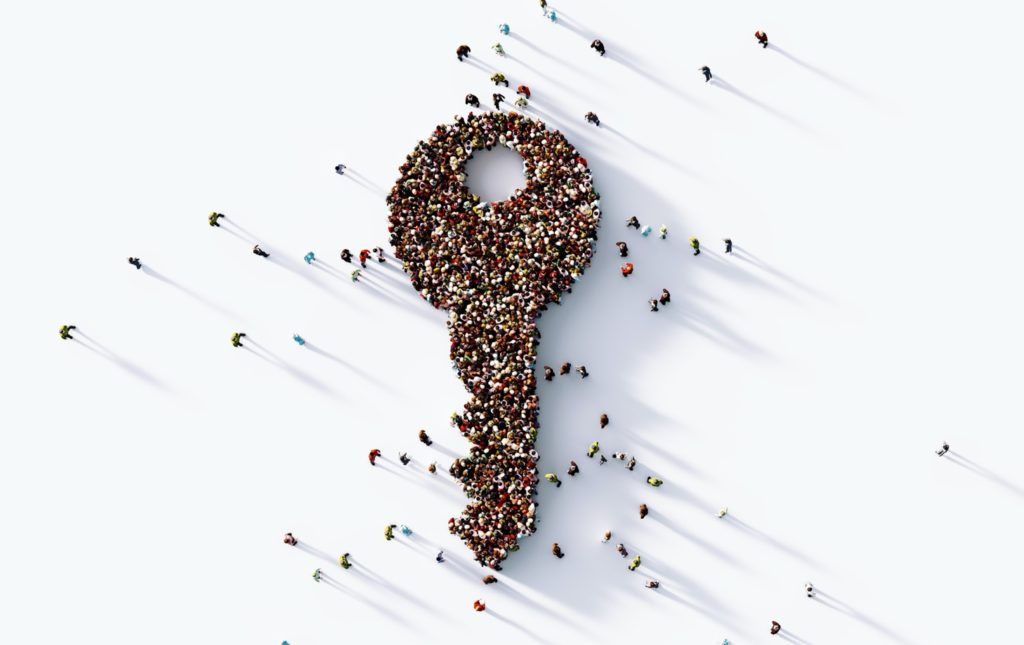The world has nearly 42 million cases. The world has added 2.8 million cases since last Thursday. Case growth continues to climb. There have been over 1.1 million deaths. The US has over 8.6 million cases. Over 228,000 Americans have died—over 860 in the last 24 hours. The US has gained over 67,000 new cases since yesterday. The US continues to jockey with India for the lead in daily case growth. Qatar, Bahrain, Andorra, Aruba, French Guiana, Israel, Vatican City, Panama, Kuwait, and Peru continue to lead the world in cases per million.
Pandemic fatigue is definitely a real phenomenon. I’m seeing a lot of folks becoming complacent, and although I understand the pining for normalcy very fundamentally, I also know that complacency will only prolong the problem:
“We are now at a crossroads of pandemic fatigue and pandemic anger. Basically the public has said they are done with the virus. Unfortunately, this virus isn’t done with us.” – @mtosterholm @CIDRAP @StarTribune https://t.co/o5wkjlLs70
— UMN School of Public Health (@PublicHealthUMN) October 20, 2020
The University of Michigan has to have students shelter in place for two weeks after cases explode.
The AstraZenica trial is likely to resume soon.
Persistent cognitive deficits in COVID survivors appear even in those with formerly mild illness:
Huge UK Study: Cognitive deficits in recovered COVID patients are significant—even for mild cases & increase w/disease severity. Cognitive tests administered weren't IQ tests but the deficit that was observed in severe disease group would equate to 8.5-point drop on IQ test 1/2 pic.twitter.com/0DAVJBtbYL
— Dr. Ali Nouri (@AliNouriPhD) October 21, 2020
People with Down’s Syndrome have a significantly higher risk of death from COVID. Before anyone gets conspiratorial, it should be understood that people with Down’s have shorter lifespans and tend to have underlying chronic illnesses and comorbidities (due to the genetic disorder) that would put them at elevated risk:
Down Syndrome associated with a 10-fold increased risk for COVID-19-related death https://t.co/Gzu67ZWbKm
— Liz Szabo (@LizSzabo) October 21, 2020
North Dakota is so overwhelmed with cases that folks are being asked to do their own contact tracing. Something tells me this is not going to go well:
https://twitter.com/ai6yrham/status/1319278896563449856?s=20
Millions of US children are floundering without access to education during the pandemic. More needs to be done, and quickly, to reach these kids and get them connected:
As many as 3 million children in the U.S. haven't received any education since their schools shuttered in March – a sobering new estimate of the havoc the coronavirus pandemic is wreaking on the country's most vulnerable students. https://t.co/EcRzdjDqvJ
— Lauren Camera (@laurenonthehill) October 21, 2020
Moderna has finished recruiting after making a big effort to increase diversity in participants. It slowed its trial for a time to accomplish this task. It’s important to evaluate safety and efficacy in a diverse population:
NEW: Moderna just finished recruiting 30,000 people for its coronavirus vaccine trial.
Here's how the biotech slowed down its research to recruit more minorities: https://t.co/aZ0jdZEIHH pic.twitter.com/4CaTQg2Qs6
— Andrew Dunn (@AndrewE_Dunn) October 22, 2020
Remdesivir is the first treatment for COVID-19 to get FDA approval:
BREAKING: FDA approves first COVID-19 drug, remdesivir https://t.co/C5outLVVNF
— CBS News (@CBSNews) October 22, 2020
A statement that gives me pause–It’s profoundly true, and profoundly disturbing in its implications:
Vaccines are not going to make the virus magically disappear. We have vaccines against the flu, and we still have flu.
— Dr. Tom Frieden (@DrTomFrieden) October 22, 2020


You are reporting the comment """ by on